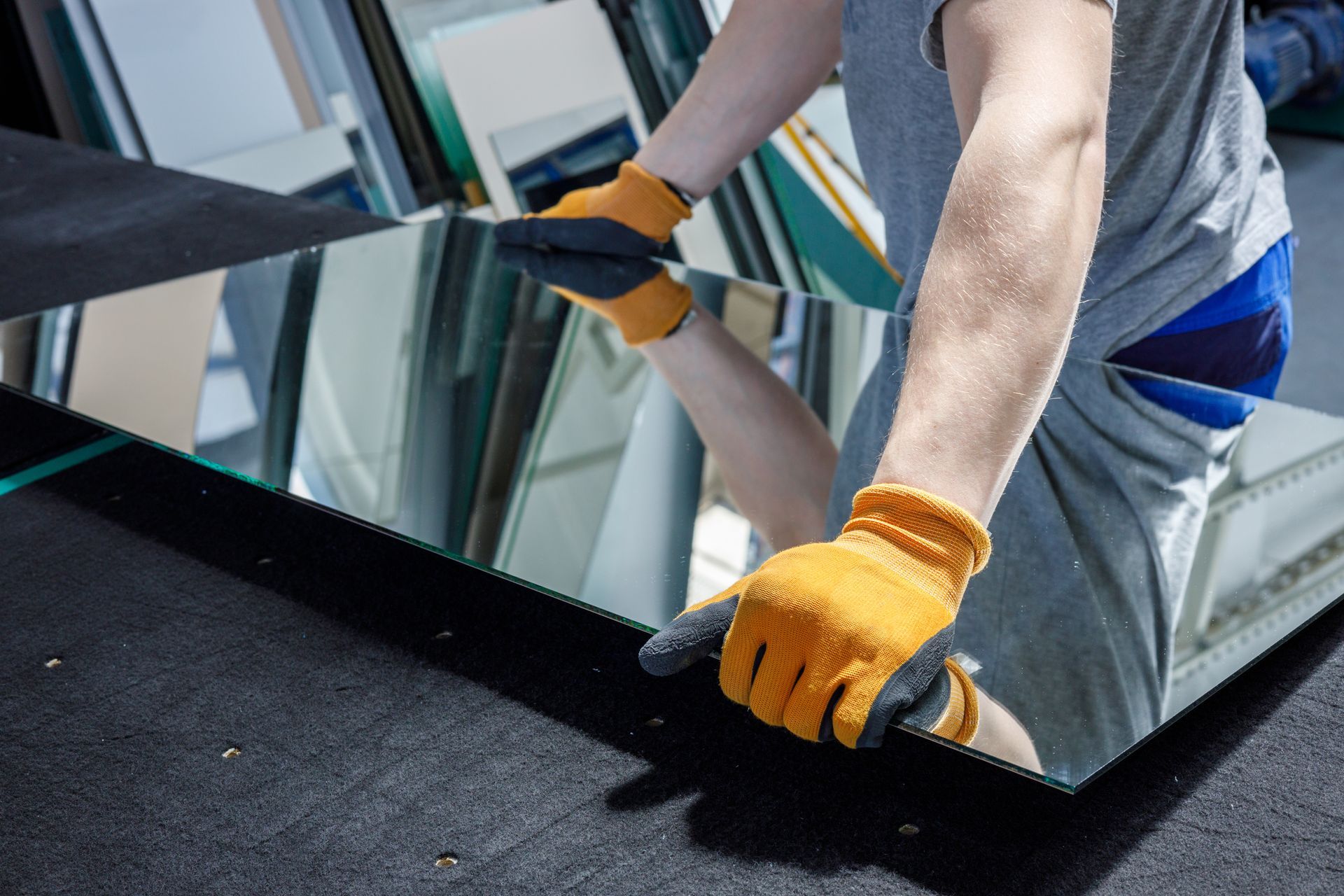What You Need to Know About Insulated Glass
A common source of heat loss in many homes are windows, but you don’t have to sacrifice energy efficiency. This is where insulated glass can be a useful alternative to windows that leaves you with high energy bills. Insulated glass units (IGUs) are known for their ability to prevent heat loss, but more specifically, keeps you cooler in the summer and warmer in the winter. Comprised of multiple panes of glass, separated by an inert gas, which creates the insulating layer between the window panes that diffuses heat transfer. Homeowners can save money on electricity costs by installing insulated glass windows in their home. Here is some useful information regarding what you should know about insulated glass.
Insulated Glass Unit
Also known as “double glazing” of “ double-pane ” glass windows, insulated glass is commonly referred to as a unit. This is because nearly all of the parts are dependent on another for proper functioning or effectiveness. IGUs differ from a single-pane glass in that their panes make up a sealed system that is impossible to change on an individual level.
What are the Components of Insulated Glass Units?
There are five primary components of IGUs:
- Glass : The insulated glass units are commonly constructed of two to three panes of glass, and range in thickness from 3 to 10 mm (1/8″ to 3/8″) or more in special applications. Clear glass is the most common, however, tinted glass, Low-E glass, and combinations of all three are also used by many homeowners. IGUs with three panes of glass is ideal for areas where extra heat or sound insulation is desired. While thickness usually means more expensive, it also means an increase in efficiency.
- Spacer : Insulating glass spacer separates the two or more plies of glass where they meet at the window frame. Spacers are often made of aluminum and have a type of drying agent, which absorbs moisture between the panes, and in effect, inhibits fogging of the glass. Spacers can range in width depending on the form of gas employed for providing insulation, as well as the type of window.
- Window Frame : Insulated glass is versatile and can accommodate a variety of window types, including casement windows, double hung windows, picture windows, and skylights. With any of these windows, insulated glass can provide efficiency and prevent heat loss.
- Gas : Each manufacturer uses their preferred formula when it comes to the gas used between the glass panes. Typically, an inert gas such as argon and krypton ( which are chemically non-reactive), or a mixture of both are used to create the insulating barrier between the indoors and outdoors.
- Sealant : A sealant, commonly a hot melt butyl or polysulfide product, is applied to the perimeter of the IGU, making it airtight.
Will You Need to Repair Your IGUs?
Over time, the seal can break, traps moisture and cause the window to get foggy or hazy. It could get to the point where it necessitates repair or even replacement. If an insulated window seal fails, its capacity to decrease heat loss is compromised, making it less efficient. Seal failure could result from exposure to changes in temperature, seal material expanding and contracting and pressure between the panes of glass.
Insulated glass can provide your home with the energy efficiency you desire. You can save on your energy bill while enjoying the ideal winter and summer indoor temperatures. If you need to repair or replace your IGUs, be sure to get professionals to do the job right. At Atlas Glass & Mirror, you are guaranteed the highest level of satisfaction. Contact our award-winning glass professionals today and enjoy through the tough New England winters ahead!











